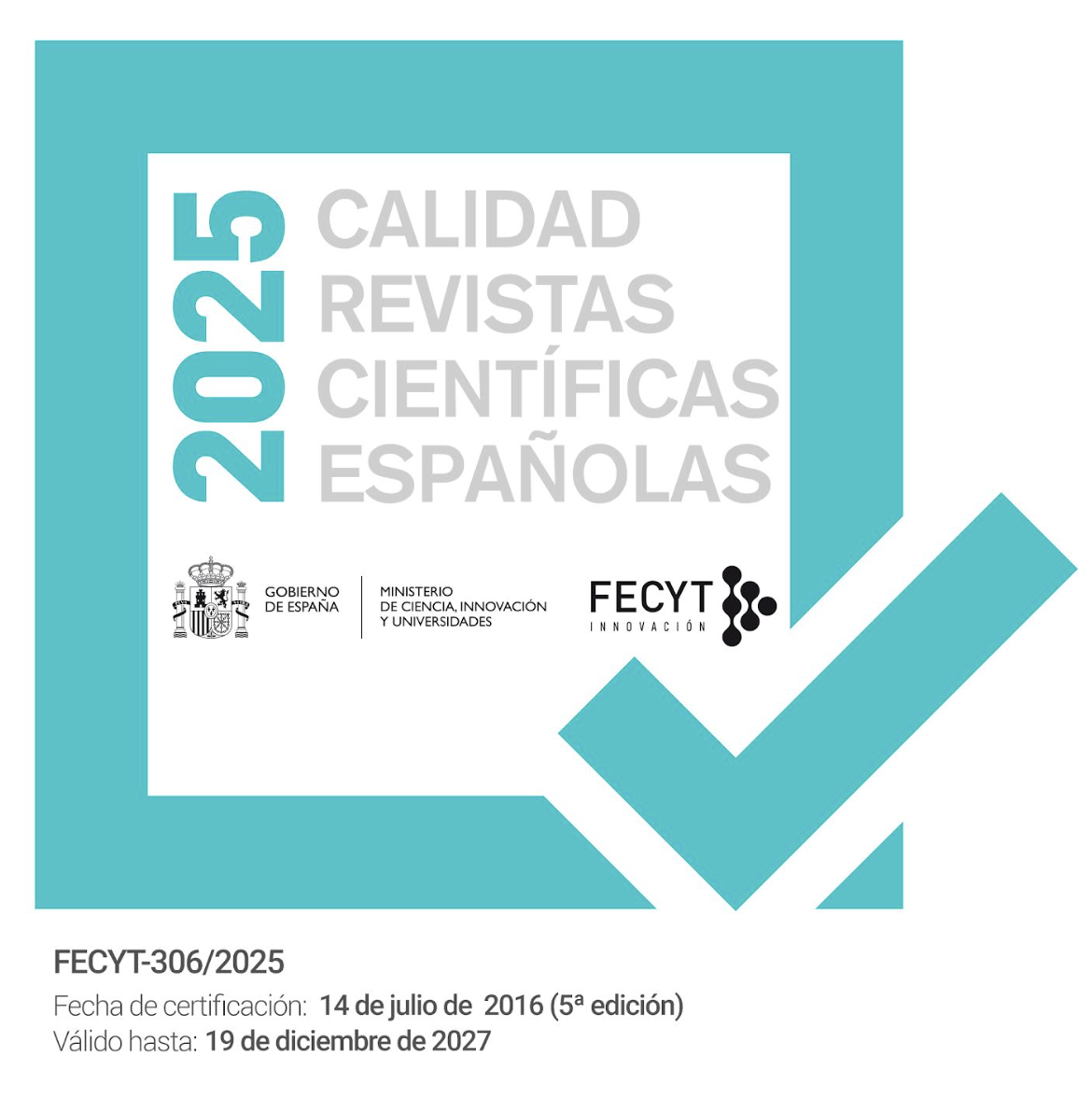Anomalies of Political Power in Spain and Some Proposals for Research
DOI:
https://doi.org/10.22325/fes/res.2019.19Keywords:
Democracy, protest movements, social movements, participation, political culture.Abstract
The study of the relationship between elected representatives and citizenship, and the theorization of political power in Spain, require many types of research. The study of the elites themselves offers a key contribution, a cornerstone, for the construction of a global vision of the subject, but it is also needed to put in context elite actions and their interactions with realities outside the world of power. The relationship between protest movements and power holders and between political leaders and broader social networks is remarkably important. The complexities of political power in Spain include several anomalies related to history and its cultural legacies. As a consequence, power has often been characterized by hierarchical and non-inclusive tendencies despite the democratic nature of the system.
References
Baiocchi, G. y Ganuza, E. (2017). Popular democracy: The paradox of participation. Stanford, CA: Stanford University Press.
Coller, X., Jaime, A. M. y Mota, F. (2016). El Poder Político en España: Parlamentarios y Ciudada- nía. Madrid: CIS.
Fishman, R. M., y Everson, D. W. (2016). Mechanisms of Social Movement Success: ‘Conversation’, Displacement and Disruption. Revista Internacional de Sociología, 74 (4), 1-10.
Fishman, R. M. (2004). Democracy’s Voices: Social Ties and the Quality of Public Life in Spain. Ithaca, NY: Cornell University Press.
Fishman, R. M. (2010). Rethinking the Iberian Trans- formations: How Democratization Scenarios Sha- ped Labor Market Outcomes. Studies in Compa- rative International Development, 45: 281-310.
Fishman, R. M. (2012). On the Significance of Public Protest in Spanish Democracy, In J. Jordana, V. Navarro, F. Pallarés y F. Requejo (eds.) Demo- cràcia, Política I Societat: Homenatge a Rosa Viros, (pp. 351-366). Barcelona: Universitat Pompeu Fabra y Avenç.
Fishman, R. M. (2016). Rethinking Dimensions of Democracy for Empirical Analysis: Authenticity,Quality, Depth and Consolidation. Annual Re- view of Political Science, 19, 289-309.
Fishman, R. M. (2017). How Civil Society Matters in Democratization: Setting the Boundaries of Post-transition Political Inclusion. Comparative Politics, 49 (3), 391-409.
Flesher Fominaya, C. (2007). Autonomous Movements and the Institutional Left: Two Appro- aches in Tension in Madrid’s Anti-globalization Movement. South European Society & Politics, 12 (3), 335-358.
Font, J., y Navarro, C. (2013). Personal experience and the evaluation of participatory instruments in Spanish cities. Public Administration, 91 (3), 616-31.
Gunther, R., Montero, J. R. y Botella, J. (2004). Democracy in Modern Spain. New Haven, CT: Yale Univ. Press.
Linz, J. J. y Alfred, S. (1996). Problems of Democratic Transition and Consolidation: Southern Europe, South America, and Post-Communist Europe. Baltimore, MD: Johns Hopkins Univ. Press.
Matsaganis, M. y Leventi, C. (2014). The Distributional Impact of Austerity and the Recession in Southern Europe. South European Society and Politics, 19 (3), 393-412.
Romanos, E. (2014). Evictions, Petitions and Escraches: Contentious Housing in Austerity Spain. Social Movement Studies, 13 (2), 296-302.
Sampedro Blanco, V. (2004). Nunca mais: la marea, el dique y el bunquer. In E. Grau y P. Ibarra (eds.), La Red en la Calle: Cambios en la Movilización. Anuario de Movimientos Sociales 2003. Barcelona: Icaria.
Sampedro Blanco, V. (1997). The media politics of social protest. Mobilization: An International Quarterly, 2 (2), 185-205.
Sánchez-Cuenca, I. (2014). La Impotencia Democrática. Madrid: Catarata.
Weyland, K. (2014). Making Waves: Democratic Contention in Europe and Latin America since the Revolutions of 1848. Cambridge University Press, New York.
Downloads
Published
How to Cite
Issue
Section
License
• The transfer of the copyright of the article to Revista Española de Sociología.
• The assignment to the Revista Española de Sociología of the rights of commercial exploitation of the article to third parties both in the offset and digital formats, as well as to the search engines and platforms that may serve as intermediaries for the sale or knowledge of the article.



